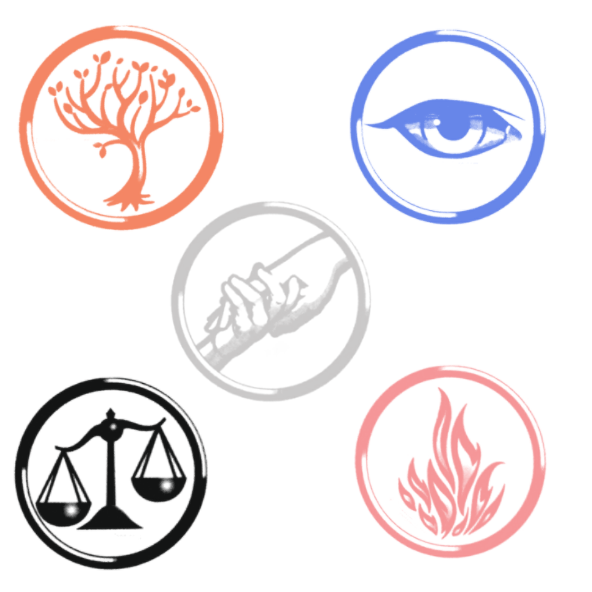
This comes from Rev. Deborah Leighton. To view the other conference breakout titles, or to register, click here.
 “The more things change the more they stay the same.” How many of us have reflected on our internal challenges as adults only to realize that they derive from the same root as the anxieties that possessed us at age 13?
“The more things change the more they stay the same.” How many of us have reflected on our internal challenges as adults only to realize that they derive from the same root as the anxieties that possessed us at age 13?
The powers that be have given YA author Veronica Roth a bad rap for writing a dystopian trilogy that rides the coattails of The Hunger Games without measuring up to its complexity and wider market appeal. Indeed, time and money are much better spent on reading her books than seeing the lackluster first movie, which opened in theaters last night. Even so, the books Divergent, Insurgent, and Allegiant offer far more than just flat fantastical entertainment to readers of all ages, because this novice writer grasps the reality of human nature and succeeds in addressing the despair induced by humanly engineered identities.
Dystopian plots assume an Augustinian outlook on the world rather than the Pelagian obsession that produces utopias, which means that by virtue of her genre, Roth starts out on the right foot. Drawing from 20th century tragedies, the current horrors of African child soldiers, and the dangers of genetic manipulation, Divergent imagines futuristic humanity at its worst.
The trilogy’s heroine, Tris (Beatrice), comes of age in post-apocalyptic Chicago, where she must swear allegiance to just one of five factions that represent five ideals that are perceived to maintain peace. Her resistance to a pre-packaged identity, her anxiety about her failures in selflessness, and her unawareness of her own genuine virtue qualify her as a young postmodern (Protestant) Everyman.
Though a very young author herself, Veronica Roth manages to engage issues that every adult, young and old, must entertain – fear about the future, anxiety about one’s inability to fit in to society, questions of identity, complexity in the universe, struggles with intimacy, loss, failure and death. Despite bad reviews, the Divergent trilogy offers exciting and mindless beach reading with a brain.
During a breakout session at the upcoming Mockingbird conference, I’ll explore the angst in this particular installment of dystopian drama, to find that the peace that Roth’s characters find echoes the peace that passes all understanding – the peace that we know through hearing the old, old story of the Good News of Jesus Christ. Tris’ story is in fact our story.
To sign up for the conference, now just a week and half away, click here!

COMMENTS
Leave a Reply












